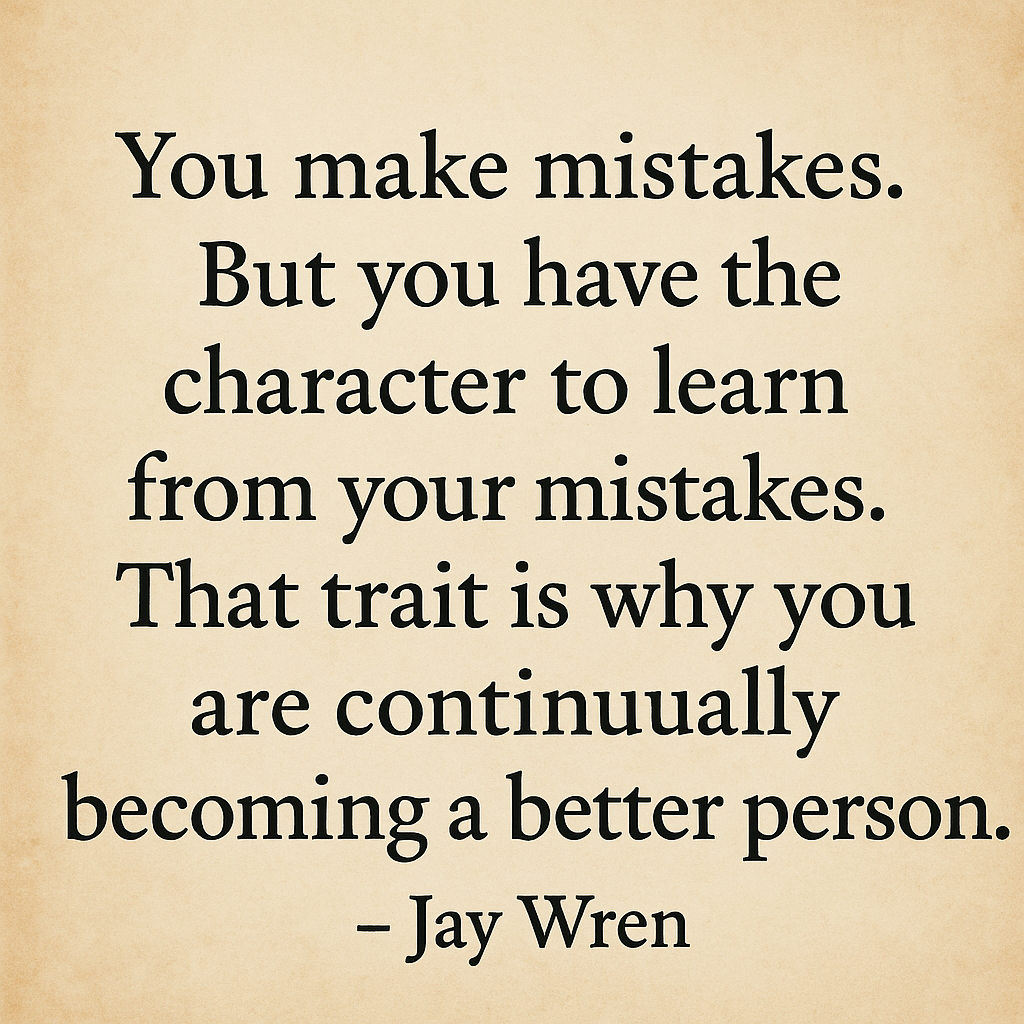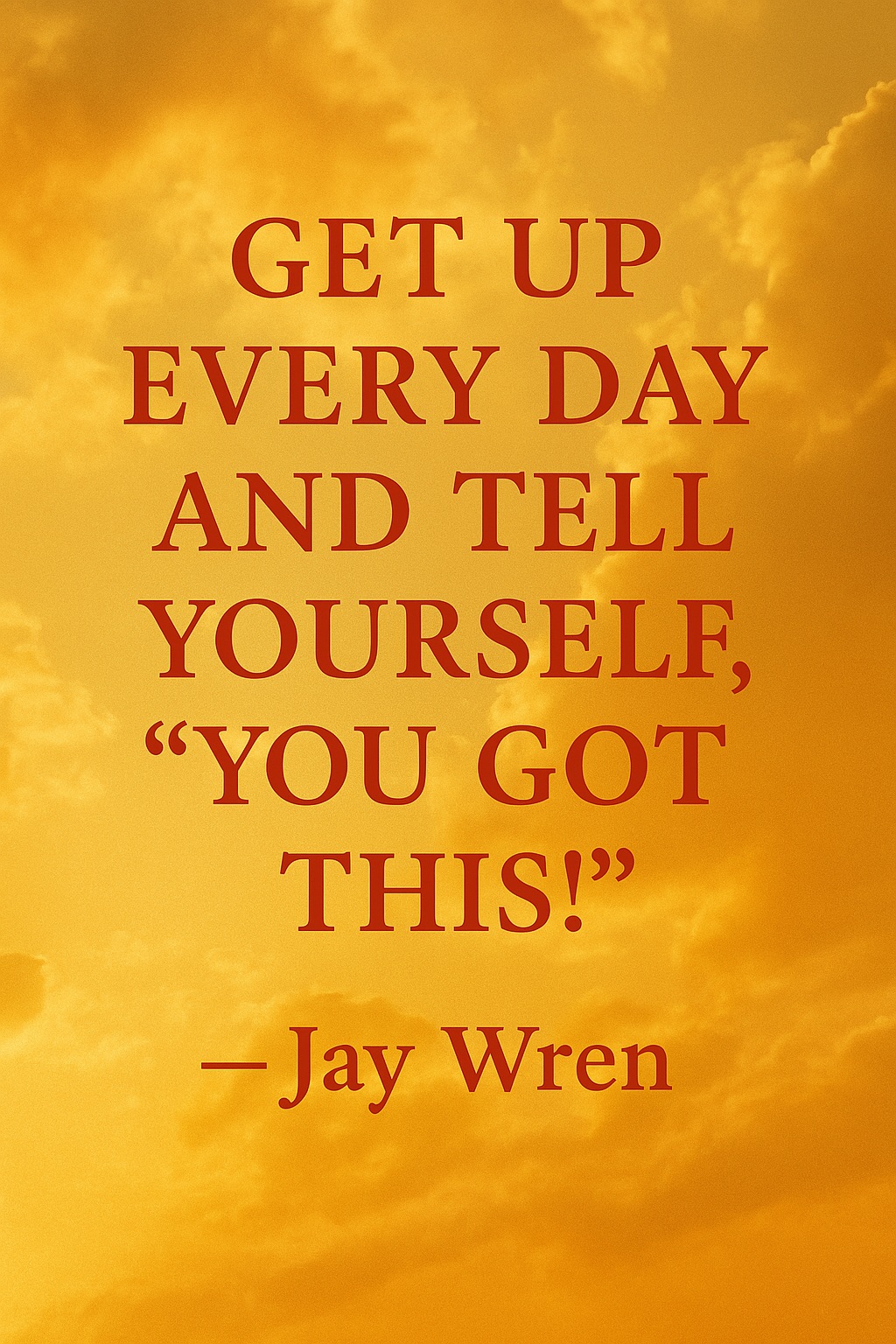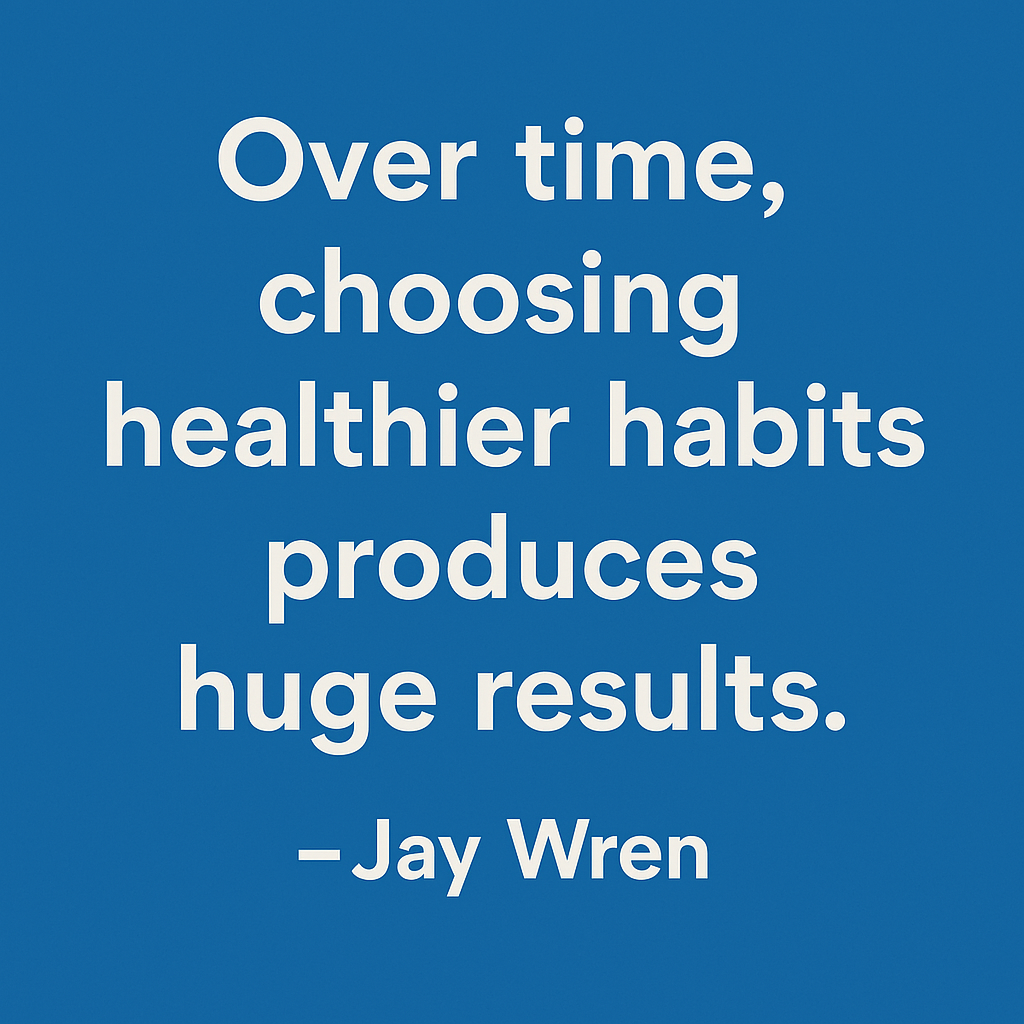Simple Ways to Shine
Standing out doesn’t require grand gestures or extraordinary talent. Often, the simplest habits make the biggest difference. Whether in your personal life or career, consistently showing up with the right mindset and actions can set you apart. Here’s how to shine in a straightforward way:
Be on Time
Punctuality is a sign of respect. Arriving on time—or even a little early—shows that you value other people’s time and are committed to your responsibilities. It also helps you start the day with a sense of control and preparedness. If being on time is a challenge, try setting reminders, preparing the night before, or giving yourself extra buffer time for unexpected delays.
Work Hard
Effort speaks volumes. Whether you’re tackling a major project or handling small daily tasks, giving your best effort demonstrates dedication. Hard work isn’t just about long hours, it’s about focus, persistence, and a willingness to improve. People notice when you consistently put in effort, and it builds a reputation of reliability and excellence.
Stay Positive
A positive attitude is contagious. When you approach challenges with optimism, you inspire those around you and make difficult situations easier to navigate. Positivity doesn’t mean ignoring problems, it means facing them with a mindset that looks for solutions rather than dwelling on setbacks. Surround yourself with uplifting influences, practice gratitude, and reframe obstacles as opportunities to grow.
Be Enthusiastic
Genuine enthusiasm makes a difference. When you’re excited about what you do, it motivates others and makes even tough tasks feel more manageable. Enthusiasm isn’t just about energy. It’s about engagement. Show interest in your work, ask questions, and find ways to make tasks enjoyable. If you struggle with motivation, remind yourself of the bigger picture and the impact of your efforts.
Be Open to Learning
No one knows everything, and the best way to grow is to stay open to learning. Accepting advice, seeking feedback, and embracing new knowledge show that you’re adaptable and eager to improve. Whether it’s learning a new skill, listening to different perspectives, or refining your approach, continuous learning keeps you sharp and ahead of the curve.
Do More Than Expected
Going the extra mile sets you apart. Taking initiative, anticipating needs, and offering help, even when it’s not required, demonstrates commitment and leadership. Small actions, like double-checking details, assisting a colleague, or suggesting improvements, show that you care about the bigger picture. People appreciate those who go beyond the bare minimum.
Be Prepared
Preparation is a sign of professionalism. Thinking ahead, organizing your materials, and being ready for meetings or tasks show that you respect others’ time and take your responsibilities seriously. Whether it’s reviewing notes before a discussion, setting goals for the day, or keeping your workspace organized, preparation helps you perform at your best.
Show Thanks
Gratitude strengthens relationships. A simple “thank you” can make a lasting impression and create a positive environment. Acknowledging others’ efforts (whether it’s a coworker’s help, a friend’s support, or a mentor’s guidance) shows appreciation and builds goodwill. Expressing gratitude can be as simple as a handwritten note, a kind message, or a sincere compliment.
Be Consistent
Consistency builds trust. Setting a steady pace and maintaining high standards over time leads to lasting success. Whether it’s showing up reliably, delivering quality work, or keeping a positive attitude, consistency proves that you’re dependable.
Final Thoughts
Shining doesn’t require being the loudest or the most talented. It’s about showing up with integrity, effort, and a positive mindset. These simple habits, practiced consistently, can make a significant impact on how others perceive you and how you feel about yourself. Start small, stay committed, and watch how these actions help you stand out in the best way possible.





